Plants and animals aren’t so different when it comes to climate
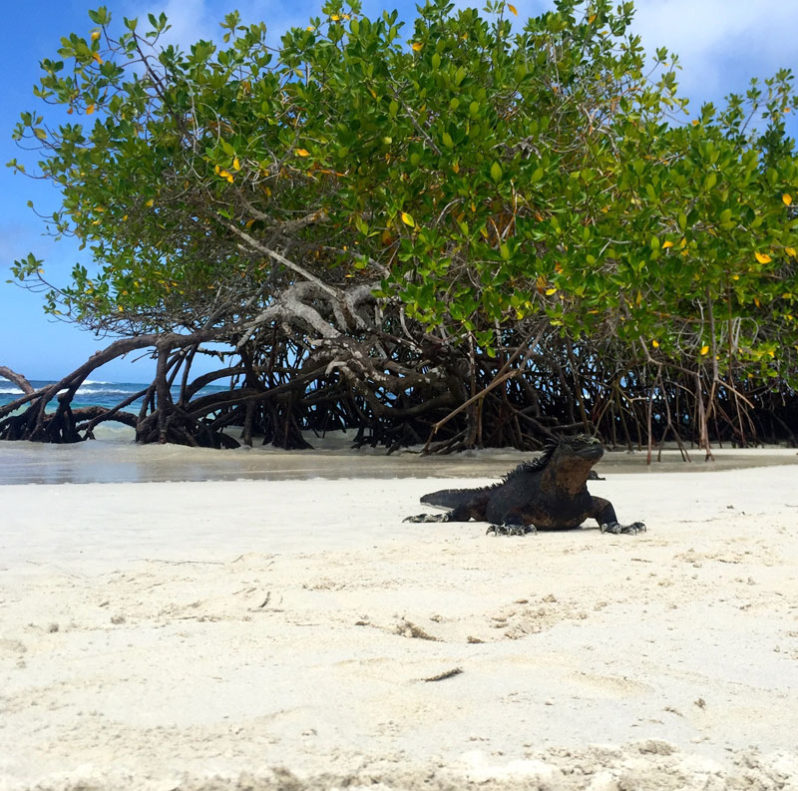
Despite fundamental differences in their biology, plants and animals are surprisingly similar in how they have evolved in response to climate around the world, according to a new study.
Hidden source of carbon found at the Arctic coast
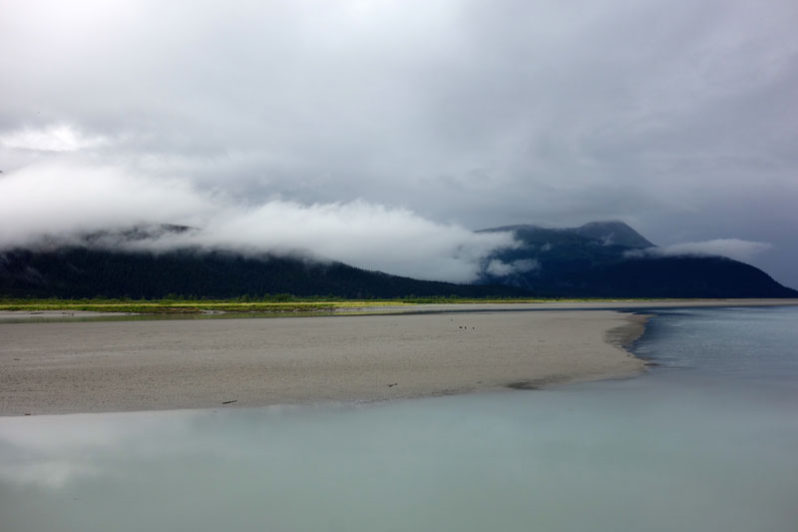
A previously unknown and significant source of carbon just discovered in the Arctic has scientists both marveling at a once overlooked contributor to local coastal ecosystems and concerned about what it may mean in an era of climate change.
East Antarctica’s Denman Glacier has retreated almost 3 miles over last 22 years
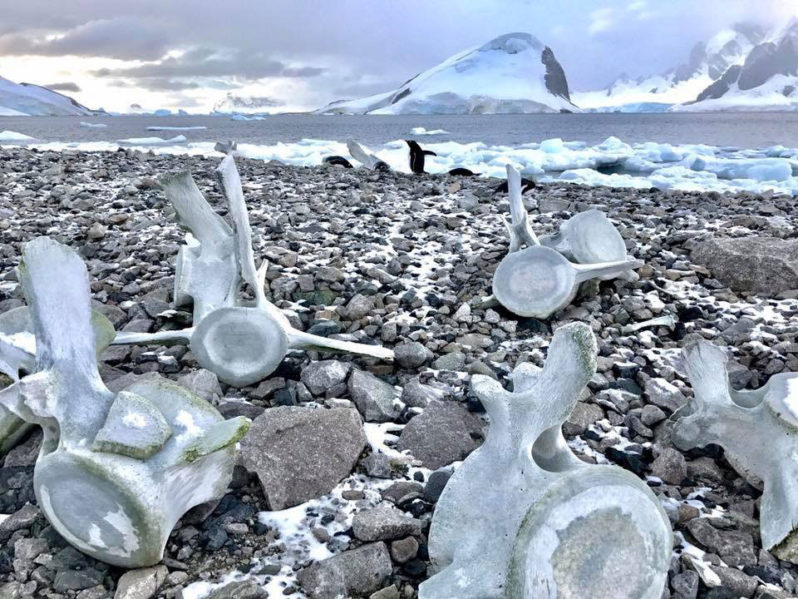
East Antarctica’s Denman Glacier has retreated 5 kilometers, nearly 3 miles, in the past 22 years, and researchers are concerned that the shape of the ground surface beneath the ice sheet could make it even more susceptible to climate-driven collapse.
Beyond your doorstep: What you buy and where you live shapes land-use footprint

In recent years, the attention of scientists and environmentalists has turned toward how population growth and urban expansion are driving habitat loss and an associated decline in ecosystem productivity and biodiversity. But the space people directly occupy is only one part of the land-use puzzle, according to new research.
We’re taking coronavirus seriously. What if we did that with climate change?

There are a lot of parallels between the coronavirus and climate change. Both are existential threats that are directly affected by individual choices and actions but need coordinated, global action to slow them down. Both will hurt or kill the most vulnerable people.
Greenland’s melting ice raised global sea level by 2.2mm in two months
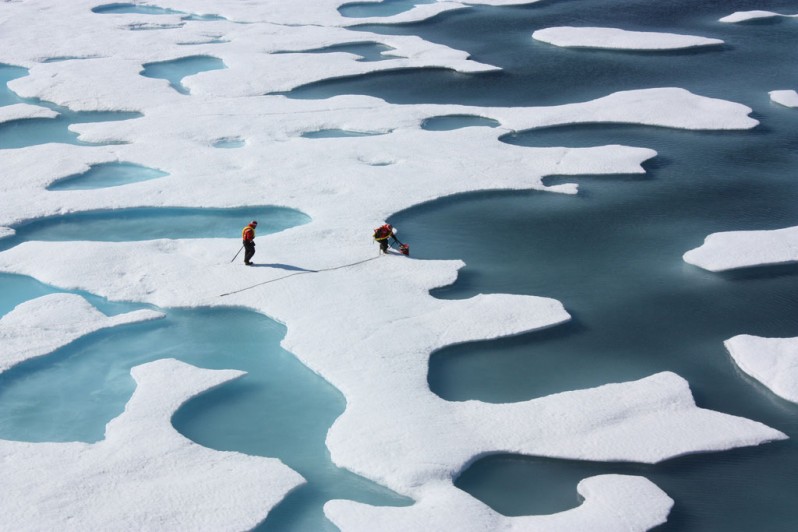
Analysis of satellite data reveals astounding loss of 600bn tons of ice last summer as Arctic experienced hottest year on record.
This winter in Europe was hottest on record by far, say scientists

This winter has been by far the hottest recorded in Europe, scientists have announced, with the climate crisis likely to have supercharged the heat. The EU’s Copernicus Climate Change Service (C3S) data dates back to 1855.
Half of the world’s beaches could disappear by the end of the century, study finds

Climate change poses an existential threat to the world’s sandy beaches, and that as many as half of them could disappear by the end of the century, a new study has found. The study was published Monday in the scientific Journal Nature Climate Change and was conducted by scientists from the European Commission’s Joint Research Center, as well as universities in Spain, Portugal and the Netherlands.
As SC island homes fall into ocean, owners behind them wonder if they’re next
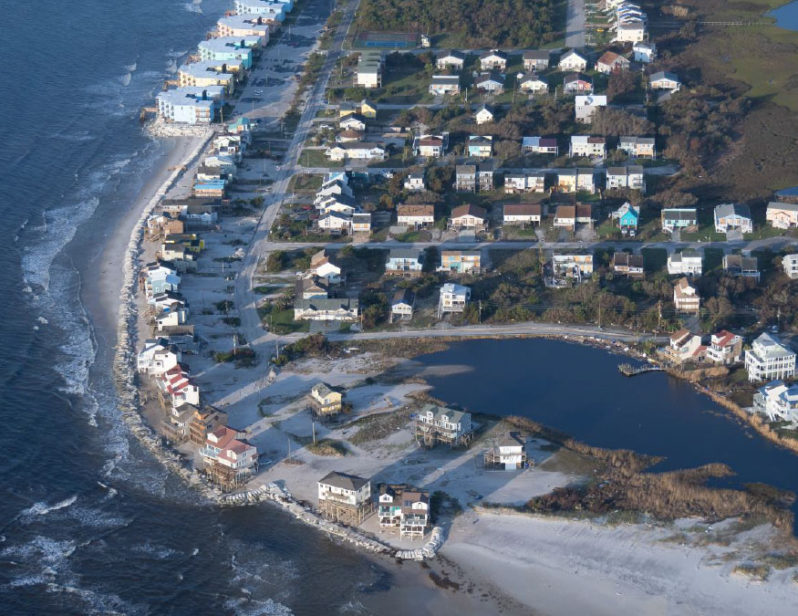
This small slip of land on the eastern tip of Beaufort County is the legacy of an opportunistic time when a wave of businessmen descended on the South Carolina coast keen-eyed for fragments of paradise to package and sell off.
